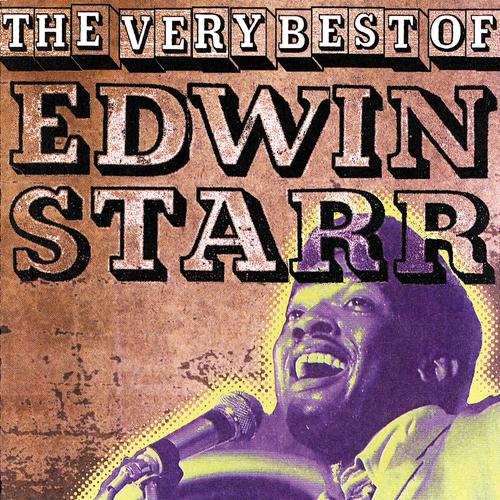

US drones, for instance, have killed incessantly in these years, racking up thousands of dead Pakistanis, Afghans, Iraqis, Yemenis, Syrians and others, including top terror leaders and their lieutenants as well as significant numbers of civilians and even children, and yet the movements they were sent to destroy from the top down have only proliferated. Of all forms of American military might in this period, none may have been more destructive or less effective than air power.

This has proven true even when, in the first flush of death and destruction, victory or at least success was hailed, as in Afghanistan in 2001 (“You helped Afghanistan liberate itself - for a second time,” Secretary of Defense Donald Rumsfeld to US special operations forces), Iraq in 2003 (“ Mission accomplished“), or Libya in 2011 (“We came, we saw, he died,” Hillary Clinton on the death of autocrat Muammar Gaddafi).
#Meaning of war by edwin starr series#
Unless, of course, you consider an expanding series of failed states, spreading terror movements, wrecked cities, countries hemorrhaging refugees and the like as accomplishments. In these years, no goal of Washington - not a single one - has been accomplished by war. Looking back on almost 15 years in which the United States has been engaged in something like permanent war in the Greater Middle East and parts of Africa, one thing couldn’t be clearer: the planet’s sole superpower with a military funded and armed like none other and a “defense” budget larger than the next seven countries combined ( three times as large as the number two spender, China) has managed to accomplish - again, quite literally - absolutely nothing, or perhaps (if a slight rewrite of that classic song were allowed) less than nothing. You could think of American war in the twenty-first century as an ongoing experiment in proving just that point. War, what is it good for? Absolutely nothing. And yet heartfelt as the song was then - “War, it ain’t nothing but a heartbreaker. War, it’s got one friend, that’s the undertaker…” - it has little resonance in America today.īut here’s the strange thing: in a way its authors and singer could hardly have imagined, in a way we still can’t quite absorb, that chorus has proven eerily prophetic - in fact, accurate beyond measure in the most literal possible sense. Even so many years later, who could forget its famed chorus? “War, what is it good for? Absolutely nothing.” Not me. That was at the height of the Vietnam antiwar movement and the song, written by Norman Whitfield and Barrett Strong, became something of a sensation. It may be hard to believe now, but in 1970 the protest song “War,” sung by Edwin Starr, hit number one on the Billboard Hot 100 chart. This post originally appeared at TomDispatch.

Afghan security forces patrol following an operation against Islamic State (IS) militants in Achin district in Nangarhar province.


 0 kommentar(er)
0 kommentar(er)
